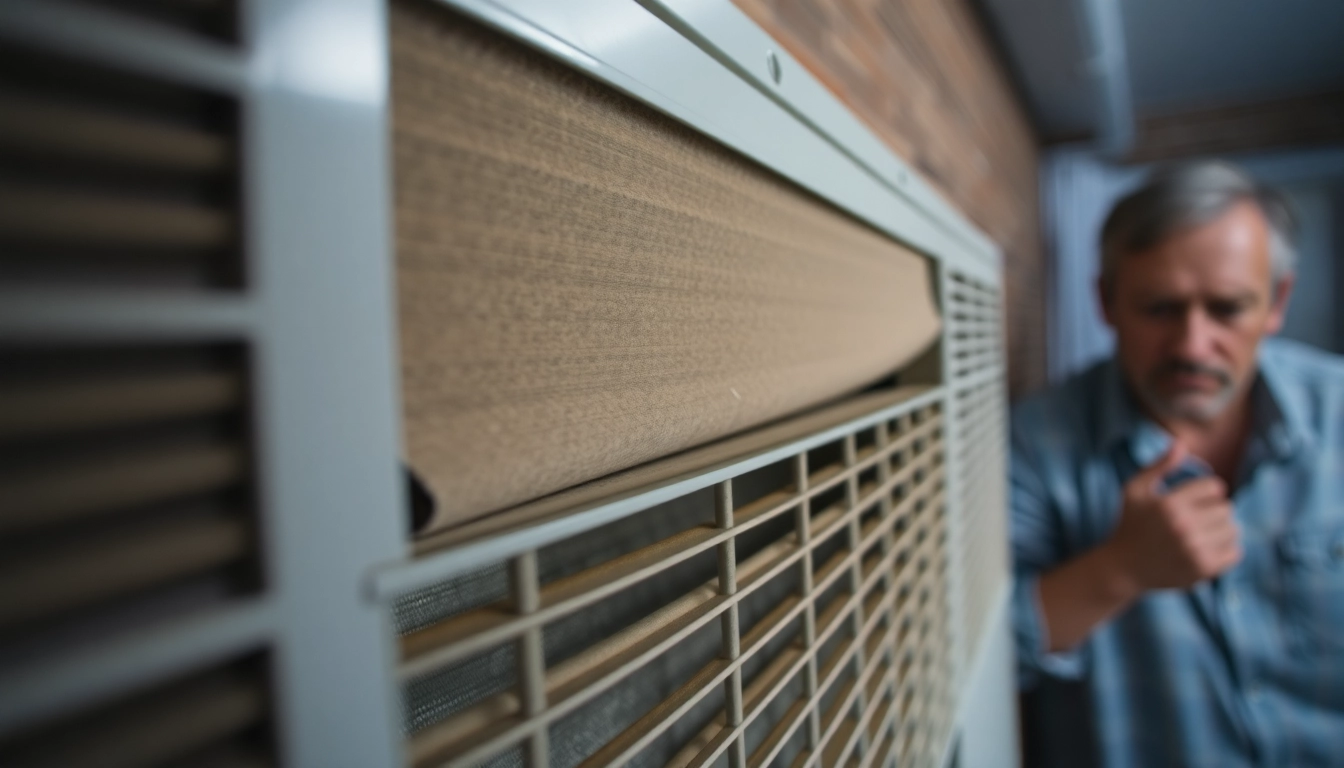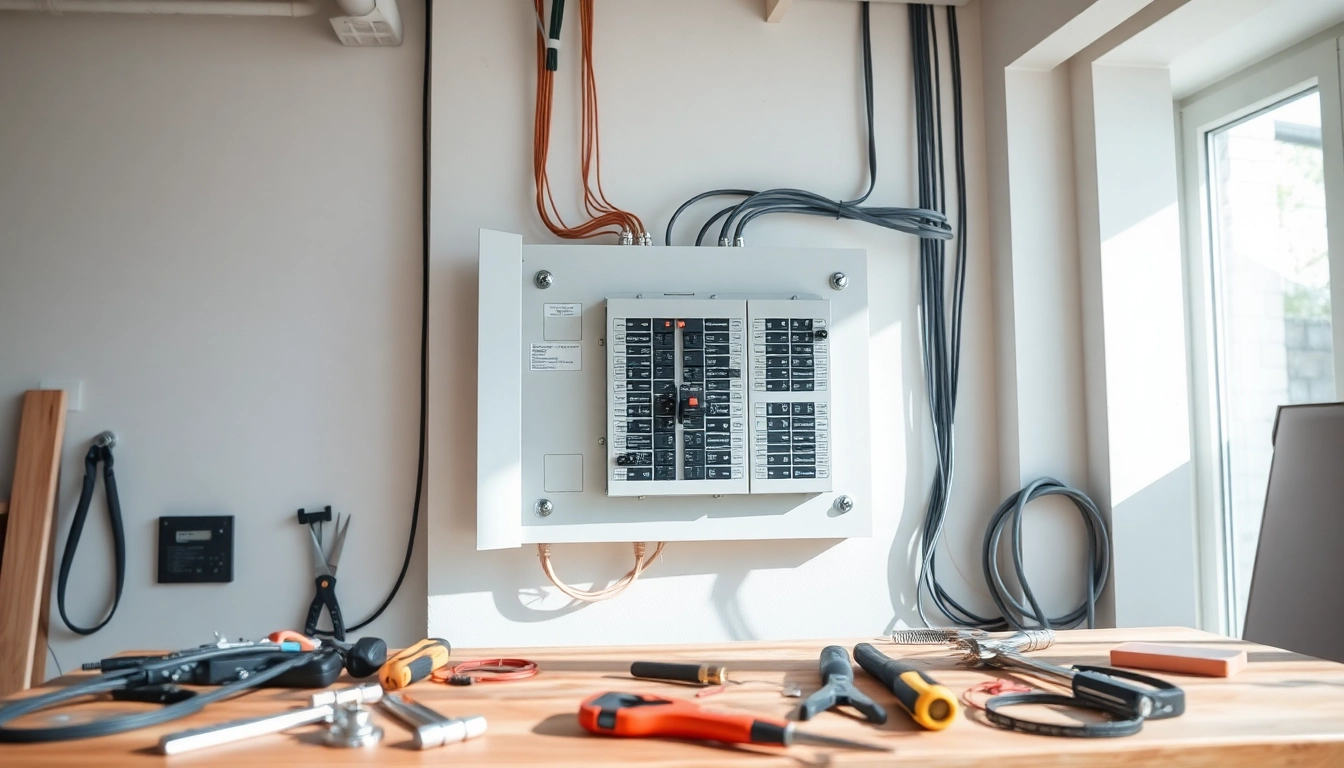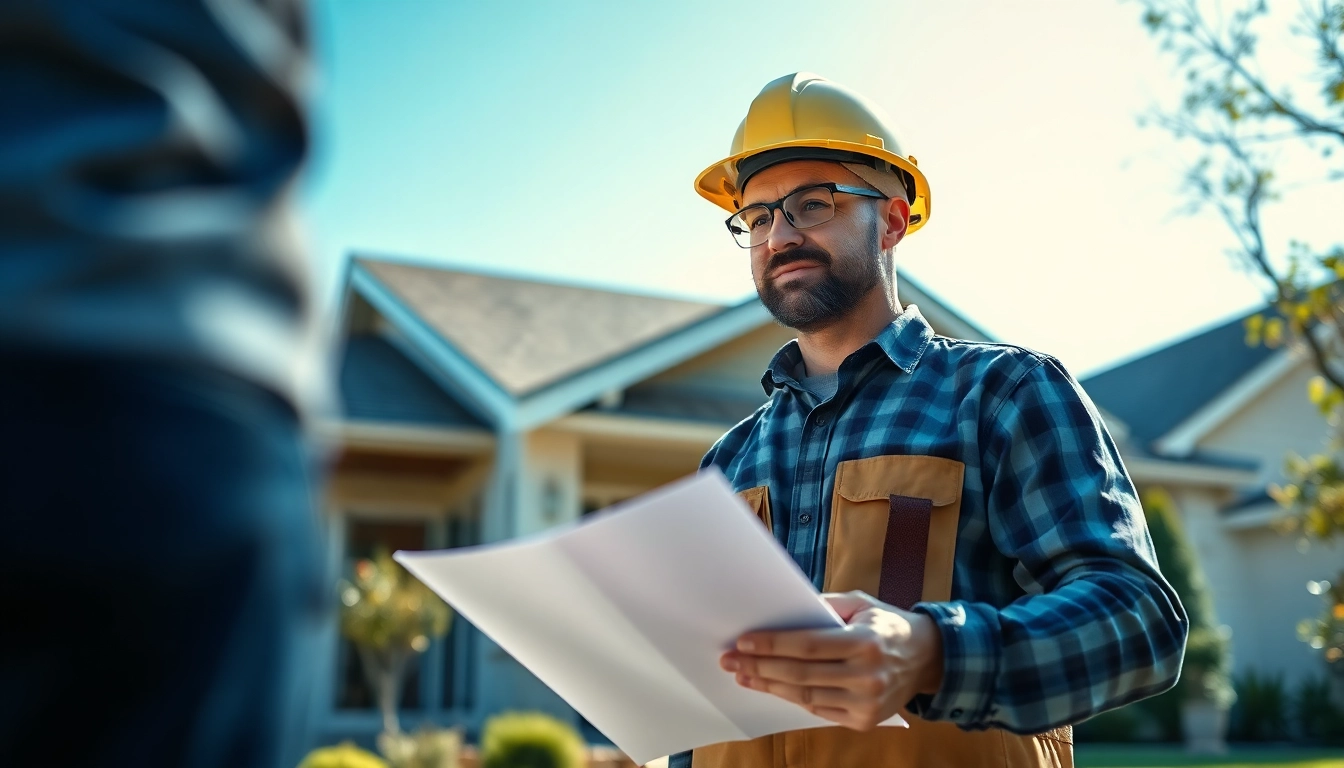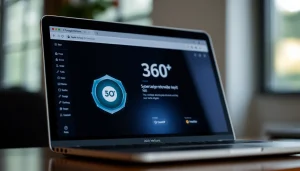Why Your Air Conditioning Is Not Blowing: Common Causes and Quick Fixes
Understanding the Basics of Air Conditioning
What is Air Conditioning?
Air conditioning is a system designed to control the temperature, humidity, and air quality of an enclosed space. It utilizes various components to ensure that indoor environments remain comfortable, particularly during hot weather. By removing heat and moisture from the air, air conditioners help to keep homes and businesses cool and pleasant.
How Air Conditioning Systems Work
At its core, an air conditioning system works by circulating refrigerant through a closed loop. The main components involved in this process include the compressor, evaporator coil, condenser coil, and expansion valve. The compressor pumps refrigerant gas, compressing it and raising its temperature. This hot gas then flows to the condenser coil, where it releases heat to the outside air and condenses into a liquid. The refrigerant then returns to the evaporator coil, absorbing heat from the indoor air and cooling it. This cycle continues, providing a steady stream of cool air to your living space.
Key Components That Affect Airflow
The efficient operation of your air conditioning system depends on several key components that directly affect airflow:
- Blower Motor: Responsible for circulating air through the ductwork and out of the vents.
- Air Filter: Captures dust, debris, and allergens, which, if clogged, can severely restrict airflow.
- Ductwork: Channels the conditioned air throughout your home; blockages or leaks can impede performance.
Signs Your Air Conditioning Is Not Blowing
Identifying Common Symptoms of Airflow Issues
When your air conditioning system is not blowing air as it should, several signs may indicate trouble:
- A noticeable decrease in airflow from the vents.
- Variability in temperature across different areas of your home.
- Strange noises coming from the unit, such as rattling or grinding.
Understanding Temperature Differences
Temperature differences can be a significant indicator of airflow issues. If certain rooms are warmer than others, it could suggest problems with the ductwork or issues with the AC unit, such as low refrigerant levels or a malfunctioning blower motor. It’s essential to monitor these discrepancies closely.
What to Listen For: Unusual Sounds from Your AC
Your air conditioning system should operate quietly. If you hear unusual sounds, such as buzzing, clicking, or hissing, it could signal mechanical failures or blockages within the system that may cause it to fail in delivering cool air. For instance, a frozen evaporator coil can cause the system to work harder, sometimes resulting in a loud sputtering noise.
Common Causes of Air Conditioning Not Blowing Air
Clogged or Dirty Filters
One of the most common reasons for poor airflow is a dirty or clogged air filter. Air filters are designed to trap dust, allergens, and other particles, but if they are not regularly replaced or cleaned, they can become blocked, restricting airflow. Ideally, you should check and change your air filter every 1-3 months, depending on usage and quality.
Frozen Evaporator Coils
Frozen coils can lead to significant airflow issues. The evaporator coil absorbs heat from the indoor air, and if the airflow is restricted (due to dirty filters or closed vents), freezing can occur. If you suspect your coils are frozen, turn off the AC immediately and allow the coils to thaw completely before proceeding to assess further.
Issues with the Blower Motor
The blower motor is crucial for moving air through the system. If it malfunctions, you may hear it running (or not) without any air being blown out of the ducts. A jammed fan, burnt-out motor, or improper wiring can lead to these issues, and troubleshooting may require professional assistance.
How to Fix Air Conditioning Not Blowing
Step-by-Step Troubleshooting Guide
If your air conditioning is not blowing air, follow this troubleshooting guide:
- Check the Thermostat: Ensure it’s set to “cool” and that the desired temperature is lower than the current room temperature.
- Inspect the Air Filter: If it’s dirty or clogged, replace it immediately. This simple action can often resolve airflow issues.
- Examine the Blower Motor: Listen for any unusual sounds and ensure it’s functioning properly. If not, this may require professional assessment.
- Inspect Ductwork: Look for blockages, leaks, or disconnections. Sealing ducts can greatly improve airflow.
- Check for Frozen Coils: If the coils are frozen, turn off the AC and let them thaw before examining further.
When to Call a Professional Technician
If after troubleshooting, you’re still experiencing issues, it’s time to call a professional. A technician can diagnose more complex problems, such as issues with the compressor, electrical components, or refrigerant levels—all of which may require specialized knowledge and tools.
Preventive Maintenance Tips
Regular maintenance can prevent many common air conditioning issues. Consider these tips:
- Change or clean your air filters every 1-3 months.
- Schedule annual professional maintenance checks to ensure all components are functioning optimally.
- Keep the outdoor unit free from debris, ensuring proper airflow.
- Monitor your thermostat settings and performance for signs of inconsistency.
Frequently Asked Questions About Air Conditioning
Why is my AC running but not blowing air?
This could be due to several reasons including a dirty air filter, a malfunctioning blower motor, or issues within the ductwork. Start by checking your air filter and ensuring the blower motor is operational.
How often should I replace my air filter?
Generally, air filters should be replaced every 1-3 months, depending on factors like usage and household dust levels. Frequent checks are recommended, especially during heavy use seasons.
Can I unfreeze my AC coils myself?
Yes, if you suspect your coils are frozen, you can turn off your AC and allow it to thaw. However, if freezing occurs frequently, you should investigate the underlying causes, which may require professional assistance.
For more information on troubleshooting issues like air conditioning not blowing in your home, consider reaching out to a qualified heating and cooling technician. They can provide further insights and solutions catered to your specific system and can help maintain your air conditioning performance throughout the year.














Post Comment